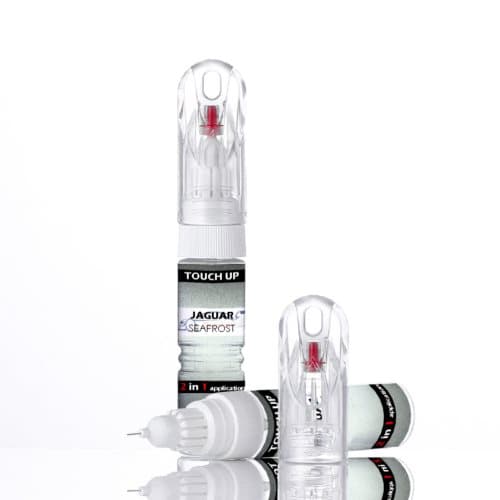Bioadhesion is often defined as the state in which two materials, at least one of which is biological in nature, are held together for extended periods of time by interfacial forces. It is an area of active multidisciplinary research, where engineers, scientists-including chemists, physicists, biologists, and medical experts-materials’ producers, and manufacturers combine their knowledge. From the practical point of view, bioadhesive systems have been used for several years for medical applications such as dentistry and orthopedics and are now entering new fields, for example, tissue sealing and directed drug delivery systems. Understanding bioadhesion mechanisms is of prime importance while exploring desired adhesion for bioadhesion applications such as sealants as well as successful prevention of undesired adhesion of biomolecules, cells, or organisms. Controlling the occurrence of bioadhesion events is also an important problem in the design and use of medical devices, biosensors, membranes, ships, and oil rigs. This book provides a comprehensive view of bioadhesion and highlights different aspects of this phenomenon. The first section of the book presents fundamentals aspects of bioadhesion. It also summarizes various direct and indirect methods used to investigate and characterize bioadhesion. The second section describes studies of natural adhesives. These include “wet” adhesives that are produced and secreted by sessile marine organisms such as mussels and sand tubes and “dry” adhesives such as the one characterizing the gecko foot. The third section focuses on biomimetic adhesives. These man-made materials are fabricated on the basis of the lessons learned from nature emphasizing the correlation between nature understanding and biomimetics. Finally, the last section reviews medical applications of adhesive materials, which include surgical sealants, mucoadhesive drug delivery vehicles, and prevention of adhesion on medical devices.












